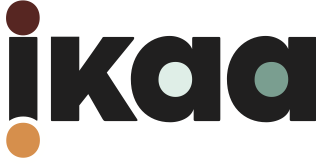Since its inception in 2007, the International Symposium on Korean Adoption Studies (ISKAS) has brought together scholars from around the globe that study Korean transnational adoption, as well as those exploring international adoption in a range of contexts. The first symposium would not have been possible without the vision and labor of Dae-won Wenger and Tobias Hübinette. Subsequent iterations of the symposium have been supported by International Korean Adoptee Associations (IKAA) staff as the symposium is held to coincide with the IKAA Korea Gathering. Hosting the symposium in tandem with the IKAA Korea Gathering ensures that Korean adoptees have access to the research documenting the histories, activism, culture, and identity formations of adopted people. Scholars are trained in a range of fields (e.g., History, Ethnic Studies, English, Psychology, Sociology, Anthropology, and Women’s, Gender, and Sexuality Studies) demonstrating the interdisciplinarity of Korean Adoption Studies.
The symposium is indebted to the growth of Asian Adoption Studies as a sub-field of Adoption Studies. The Asian Adoption Studies section meeting was established by Kim Park Nelson in 2007 at the Association for Asian American Studies conference in Chicago, IL. As the field was in its nascent stages, it benefited from the research of graduate students and early career scholars at the time. Since the first iteration of the symposium, the field of Korean Adoption Studies continues to grow annually with the publication of a range of books, journal articles, book chapters, among other kindred forms of work. For more information about adoption studies as an interdiscipline, please see the Alliance for the Study of Adoption and Culture.
We recognize the iterations of the organizing committee that reflect the scholarship and activism of the vibrant Korean adoption studies community.
- 2007: Kim Park Nelson, Eleana J. Kim, Lene Myong Peterson
- 2010: Kim Park Nelson, Tobias Hübinette, Eleana J. Kim, Jennifer Kwon Dobbs, Kim Langrehr, and Lene Myong.
- 2013: Kim Park Nelson, Tobias Hübinette, Lene Myong
- 2016: Sara Docan-Morgan, Tobias Hübinette, Kimberly D. McKee, Elizabeth Raleigh
- 2019: Sara Docan-Morgan, Boon Young Han, Kimberly D. McKee, Anders Riel Müller, Eunha Na, Elizabeth Raleigh
- 2023: Sara Docan-Morgan, Ryan Gustafsson, Oh Myo Kim, Kimberly D. McKee, Elizabeth Raleigh
For more information about the work of current and past organizing committee members, we invite you to check out their publications and work:
- Jennifer Kwon Dobbs
- Sara Docan-Morgan (In Reunion: Transnational Korean Adoptees and the Communication of Family, 2023)
- Ryan Gustafsson
- Boon Young Han
- Tobias Hübinette (The Korean Adoption Issue Between Modernity and Coloniality: Transnational adoption and overseas adoption in Korean popular culture, 2009; Race in Sweden: Racism and Antiracism in the World’s First ‘Colourblind’ Nation, 2023)
- Eleana J. Kim (Adopted Territory: Transnational Korean Adoptees and the Politics of Belonging, 2010; Making Peace with Nature: Ecological Encounters along the Korean DMZ, 2022)
- Oh Myo Kim
- Kim Langrehr
- Kimberly D. McKee (Disrupting Kinship: Transnational Politics of Korean Adoption in the United States, 2019; Adoption Fantasies: The Fetishization of Asian Adoptees from Girlhood to Womanhood, 2023)
- Anders Riel Müller
- Lene Myong
- Kim Park Nelson (Invisible Asians: Korean American Adoptees, Asian American Experiences and Racial Exceptionalism, 2016)
- Elizabeth Raleigh (Selling Transracial Adoption: Families, Markets, and the Color Line, 2017)

